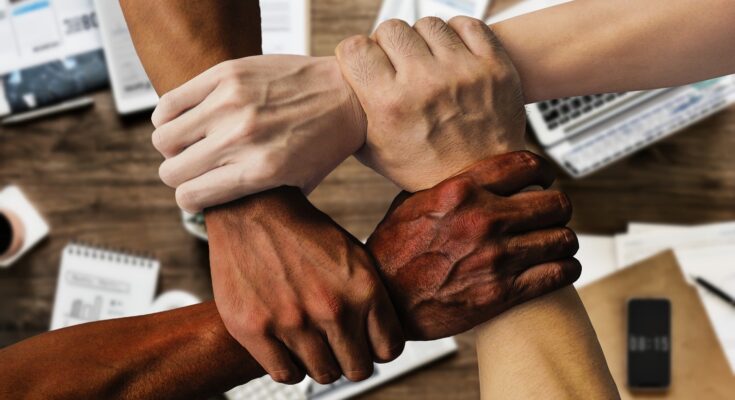As diversity, equality, and inclusion become more relevant, many governments are questioning the development, implementation, and evaluation of the policies that have failed to address systemic inequalities.
For decades, governments’ strategies of diversity and equality, have focussed on infrastructure enhancements to support physical disability, such as audible walk signals and wheelchair ramps, etc.
The current environment of diversity and inclusion has created the need to go beyond physical infrastructure and accessibility requirements. Governments are rethinking about program structures, communication platforms, and digital algorithms in order to make their services accessible across the full spectrum of the diversity of the population.
UK Government’s Department of Work and Pensions is dedicated to providing services that are inclusive of people of all backgrounds and promote equality of opportunity. DWP is dedicated as an employer to the Civil Service’s goal of becoming the most inclusive employer in the UK, and will continue:
- To make the DWP more diverse, boost the presence of currently under-represented groups.
- To create an environment where employees can be themselves at work and feel supported, empowered, valued, respected, fairly treated, and able to reach their full potential.
Their goal is to make sure that these promises, which are backed up by our values, are ingrained in our day-to-day interactions with all of our customers, colleagues, and partners.
UK Government’s Civil Service department is now becoming the UK’s most inclusive employer. They promote openness, challenge, creativity, and quality in everything they do. Following are their few initiatives towards diversity and inclusion at their workplace.
- To raise the awareness of mental health and give one-on-one help to people in need, they have formed a cadre of over 1,200 Mental Health First Aiders across the Civil Service.
- Women currently make up 49% of those newly appointed to the SCS, and 42% of senior civil servants, substantially above the target of 30% for women on boards.
- Anonymized recruiting – also known as “name-blind” and “school-blind” recruitment – is presently used by 16 of the 17 major departments.
- In November 2016, they released a Tackling Bullying, Harassment, and Discrimination toolbox to assist the teams in promoting a more inclusive culture where inappropriate behaviors are addressed quickly and effectively.
Government organizations in other countries are also moving closer to diversity and equality. Kenya, for example, collaborated with UNICEF to develop an accessible education system for children with hearing and vision impairments as well as intellectual disabilities, distributing simple digital devices with multimedia overlays that include audio narration, sign language videos, interactivity, and image audio-description.
Are you aware of any initiatives in your country that are working towards a more diverse and inclusive work environment?



